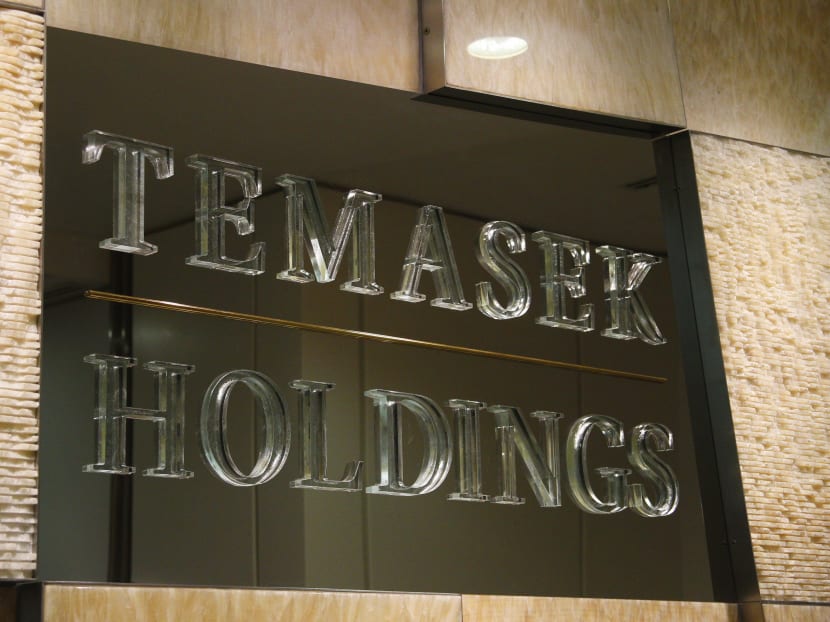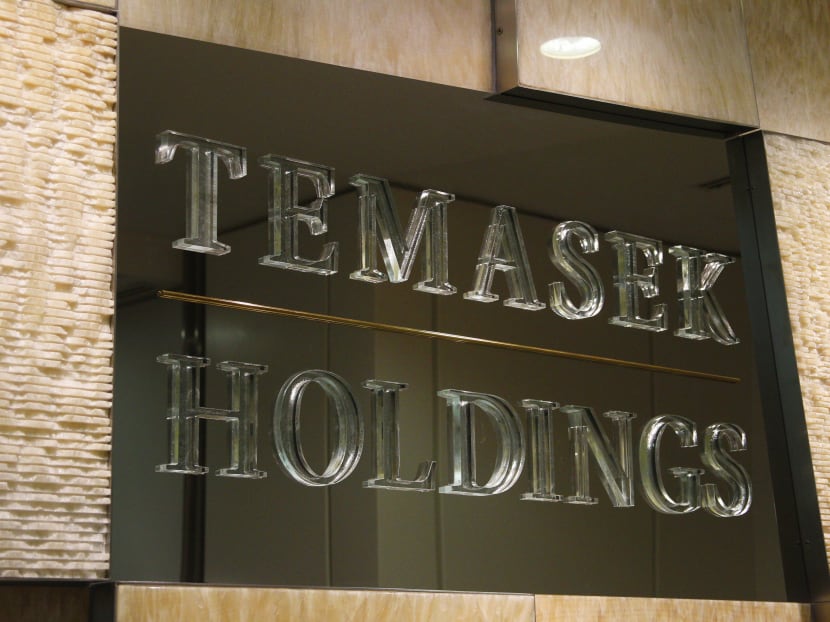Temasek, JTC to merge 4 units into mega-entity
SINGAPORE — As urbanisation picks up pace across China, India and South-east Asia, investment giant Temasek Holdings and industrial developer JTC Corp are planning a merger of four of their operating subsidiaries into a single mega-entity, in an unprecedented move that will tap the opportunities resulting from this rapid development.
SINGAPORE — As urbanisation picks up pace across China, India and South-east Asia, investment giant Temasek Holdings and industrial developer JTC Corp are planning a merger of four of their operating subsidiaries into a single mega-entity, in an unprecedented move that will tap the opportunities resulting from this rapid development.
The two government-owned companies said advisers and consultants have been engaged to provide a fair market valuation of the four units: Temasek’s urbanisation consulting company Surbana International Consultants Holdings, and its Singbridge Group, which specialises in urban solutions, particularly in China, as well as JTC’s business space solutions provider Ascendas and its Jurong International Holdings (JIH), which offers expertise for the built environment.
In a joint statement last night, Temasek and JTC said the merger would provide more scale and increased capacity to take on Asia and other markets.
Mr Dilhan Pillay Sandrasegara, head of enterprise development group at Temasek, said: “Temasek sees growing opportunities in the sustainable urban development sector. Apart from the trends we see with increasing urbanisation in growth markets, we see also an emerging and keen interest in building sustainable cities, both inside and outside Asia.”
Mr Png Cheong Boon, chief executive of JTC, said: “The merged group will have the scale, capabilities and resources to participate in the entire urbanisation value chain, deepen its presence in existing markets and develop new ones.”
Said a JTC spokesperson: “Each of the four entities brings unique strengths and complementary capabilities to form an integrated platform that is able to provide the full suite of end-to-end urban solutions to meet urbanisation needs in Asia and elsewhere.”
Ascendas, which manages more than S$15 billion in assets, has projects in China and India — the world’s two most populous countries — as well as in South Korea and Vietnam, while JIH has completed more than 1,700 projects in 47 countries.
SingBridge has completed integrated cities and sustainable urban solutions particularly in China, such as the Guangzhou Knowledge City, and the Chengdu Hi-tech Innovation Park, while Surbana has managed projects in Africa and the Middle East.
Analysts said the pooling of resources is needed so the merged entity can be a major player in cities many times the size of Singapore.
Ms Annie Koh, associate professor of finance at the Singapore Management University, said: “In China, the average size of cities is about five million and there are close to 100 of such cities. The top 20 cities in China (each have) a population of about 10 to 20 million. So if you don’t have the size, you clearly can’t take on the projects.”
She added that the merger would mean more credibility from the perspective of state-owned companies in other countries, which will typically be involved in the projects too.
“If it is four splintered entities, the state-owned enterprise won’t want to work with them, unless they are of a proportionate size. In terms of risk-sharing, a bigger company also makes sense from a counter-risk exposure point of view,” she said.
CIMB economist Song Seng Wun harked back to the days when Pidemco Land was merged with DBS Land to form CapitaLand, noting that as a result, CapitaLand is now one of the biggest real estate developers in the region.
“Now, we can go beyond real estate developments, the region is wealthier … It is sensible to put together these companies in this particular sector, resulting in a bigger balance sheet to take on projects that are going be around the region.”
While it eyes the growing pie in the region, JTC sought to allay fears that it might become too dominant at home. “The combined market share of Ascendas REIT and Mapletree Industrial Trust is only about 8 per cent and is not a significant proportion of the domestic industrial property market. Hence, we do not expect the merger to affect industrial rentals in the market,” said a JTC spokesperson.
“With more industrial space coming on stream in the next two to three years, we expect prices and rentals for industrial space to continue to moderate.”








